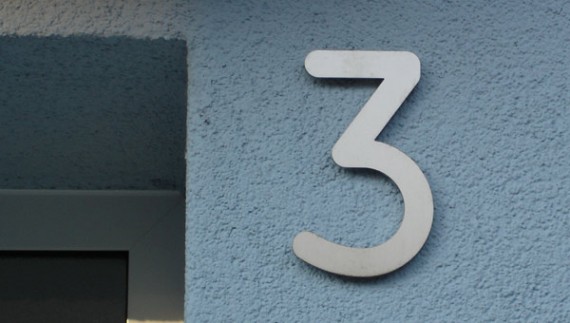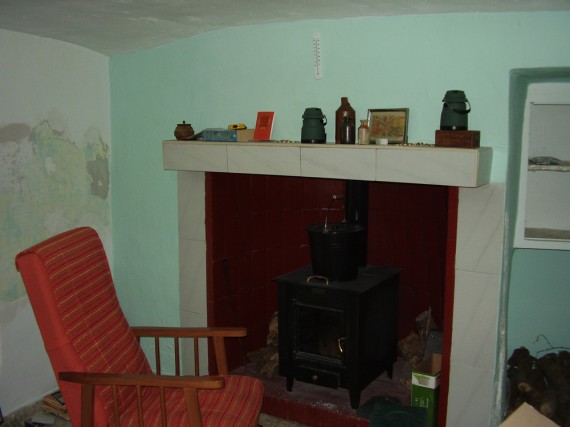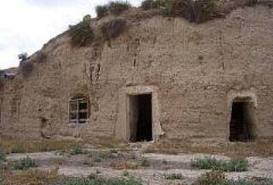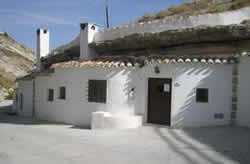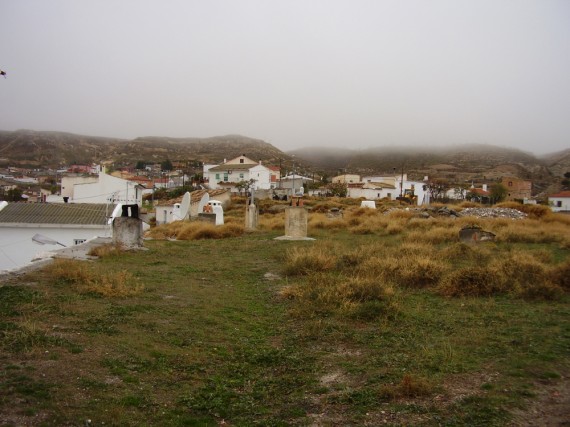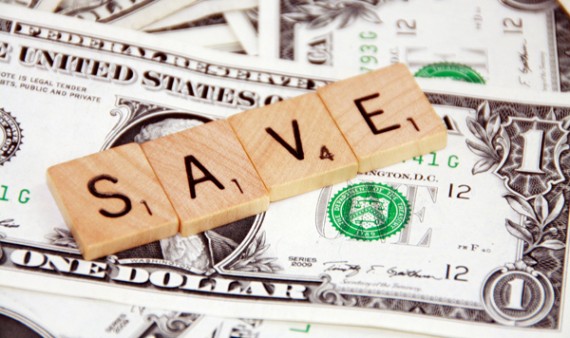One of the great things about blogging is being able to look into your past and see what you were thinking/doing at any given time. For example, exactly three years ago today I sat down and wrote a post titled a new journey starts today.
I still remember writing that post because it was one of the most important days of my life. For the first time in my adult life, I woke up not having to go to work. I felt like my life had unlimited possibilities because there was no longer anything holding me back from giving self-employment a full-time effort.
Now that three full years have gone by, I thought it would be fun to take a look at what has all happened on that journey and talk about some of the things I have discovered along the way.
I’m Still Here!
The good news is I’m still alive and doing well. I’m living proof that you can in fact quit your job and make a living working for yourself. Hopefully you can use my story as a bit of inspiration if you find yourself in a similar situation where you completely hate your job and are planning on creating a new career path for yourself.
However, I do recommend reading the next few points first before making any decisions ![]()
It’s Not An Easy Road
One of the main things I mentioned in my blog post three years ago was the need to be challenged. Well, after quitting my job I quickly realized that working for yourself is definitely a challenge. It’s really, really, really hard. I’ve hit plenty of bumps along the way, some large enough to make me second guess my decision (luckily I’ve stuck with it).
Here’s some of the important things I’ve learned about working for yourself:
You Must Be Hard On Yourself
When you start working for yourself, you quickly realize that you no longer have a boss. The problem is you find yourself wondering who is going to tell you what to do. It took me a lot of adjusting to get used to the idea that I had to force myself to get things done.
If you tend to be easy on yourself, you might find yourself playing video games or watching TV everyday instead of getting your work done. In order to be successful at self-employment, you have to be willing to be hard on yourself since no one else is going to make you feel accountable.
No More Paychecks
Once I quit my job, I quickly realized that no more steady paychecks were coming in. I had to get used to the idea of getting paid sporadically instead of biweekly. This forced me to learn a lot about personal finance because you have to be on top of things in order to stay afloat. This is especially true when you have dry spells, which are guaranteed to happen.
The good news is learning about personal finance has changed my life for the better. I now have a much better understanding of where my money comes from and where it goes; two important things to know.
Working From Home Has Its Cons
When I tell people I work from home full-time, they usually respond by telling me how jealous they are. They have a beautiful vision in mind of working in their pajamas, not having to leave home, and not having to deal with co-workers anymore. All three of those things are in fact true about working from home. The problem is that I now look at them as negatives instead of positives (for the most part).
– I do in fact work in my pajamas most of the time. The problem is I often end up wearing the same pajamas for days with no motivation to change. Yes, it’s gross but it’s what happens when you no longer have to look presentable. I sometimes find myself looking like Robinson Crusoe after being stranded on a remote island for a few years.
– Secondly, not having to leave home on a daily basis isn’t all that it’s cracked up to be. I often miss the idea of leaving the house to go work for a few hours. It’s easy for me to not leave the house for days because I don’t have to.
– Last but not least, I’ve found myself missing co-workers. I do a lot of solo work where I handle everything and I miss the idea of working with others. Co-workers are also a great way to make friends because you are forced to hang out with them often.
With all that said, I still wouldn’t give up the freedom that working from home does offer. I do love the ability to work from anywhere and wouldn’t give it up for anything.
Plans For The Future
So what’s next you ask? Well, I still love what I do and hope to continue to work on things I truly enjoy far into the future. Everyday I get emails from people who want to say thanks for the inspiration. These emails give me the motivation to keep dong what I do.
Things over at ZoopMedia have been going great and I hope to continue writing here on the blog. I have also taken on an interesting opportunity recently that may lead to something but only time will tell.

